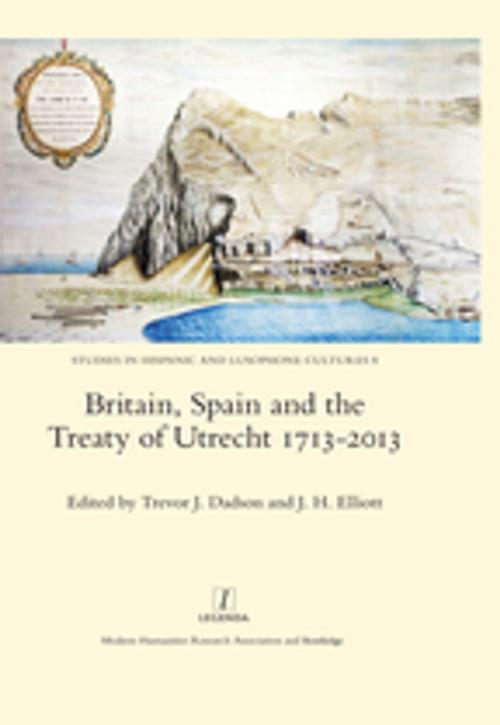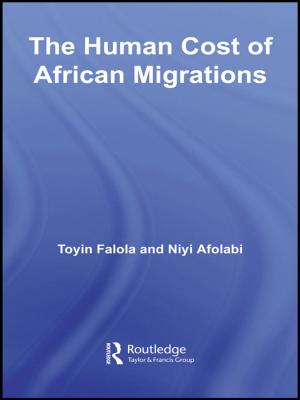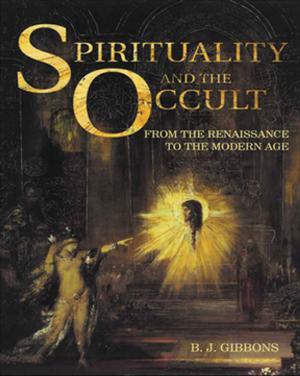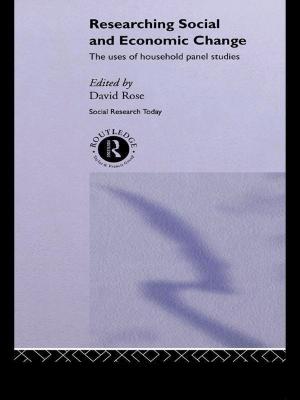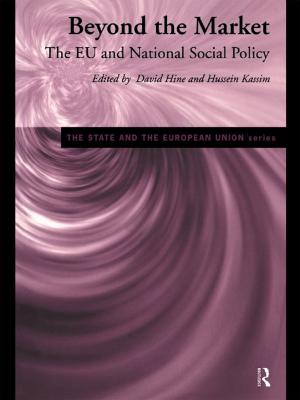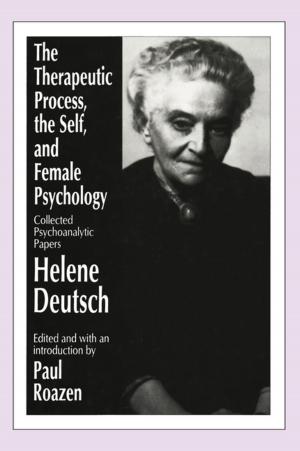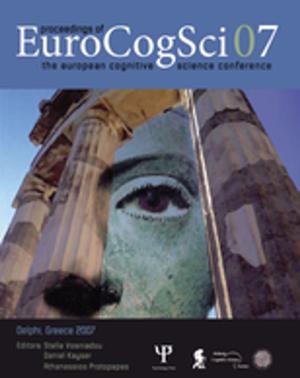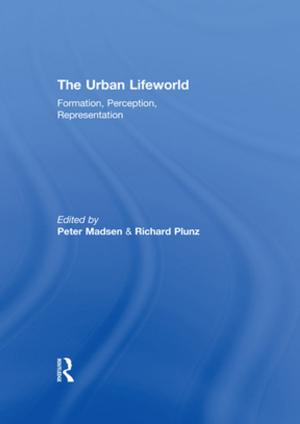| Author: | Trevor J. Dadson | ISBN: | 9781351191333 |
| Publisher: | Taylor and Francis | Publication: | December 2, 2017 |
| Imprint: | Routledge | Language: | English |
| Author: | Trevor J. Dadson |
| ISBN: | 9781351191333 |
| Publisher: | Taylor and Francis |
| Publication: | December 2, 2017 |
| Imprint: | Routledge |
| Language: | English |
"In July 1713 Great Britain and Spain signed a 'Treaty of Peace and Friendship' that brought to an end a conflict that had begun in 1701, following the death the year before of the Spanish King Charles II, who died without leaving a direct descendant or heir. The War of the Spanish Succession that ensued involved the major European powers who all had an interest in the question of who would occupy the Spanish throne. As a result of the various peace treaties that were signed between 1713 and 1714 between the warring countries - Spain, Britain, France, the Austrian Empire, the Dutch Republic -, the Bourbon candidate became king of Spain as Philip V, but Spain lost its last European possessions (the Spanish Netherlands, Naples, Sicily, and Sardinia, among others) and ceded to Great Britain the island of Minorca and Gibraltar. Considered by many historians to be the first real world war, as it involved fighting in the Americas as well as in Europe, the War of the Spanish Succession changed the map of Europe and led to significant alterations in the balance of power. In this volume twelve eminent historians and legal experts from Spain and the United Kingdom consider the political and legal context and consequences of the War and the Treaty of Utrecht that brought it to an end, consequences that still resonate today. This volume is edited by Trevor J. Dadson with the assistance of the Office for Cultural and Scientific Affairs, Embassy of Spain, London."
"In July 1713 Great Britain and Spain signed a 'Treaty of Peace and Friendship' that brought to an end a conflict that had begun in 1701, following the death the year before of the Spanish King Charles II, who died without leaving a direct descendant or heir. The War of the Spanish Succession that ensued involved the major European powers who all had an interest in the question of who would occupy the Spanish throne. As a result of the various peace treaties that were signed between 1713 and 1714 between the warring countries - Spain, Britain, France, the Austrian Empire, the Dutch Republic -, the Bourbon candidate became king of Spain as Philip V, but Spain lost its last European possessions (the Spanish Netherlands, Naples, Sicily, and Sardinia, among others) and ceded to Great Britain the island of Minorca and Gibraltar. Considered by many historians to be the first real world war, as it involved fighting in the Americas as well as in Europe, the War of the Spanish Succession changed the map of Europe and led to significant alterations in the balance of power. In this volume twelve eminent historians and legal experts from Spain and the United Kingdom consider the political and legal context and consequences of the War and the Treaty of Utrecht that brought it to an end, consequences that still resonate today. This volume is edited by Trevor J. Dadson with the assistance of the Office for Cultural and Scientific Affairs, Embassy of Spain, London."
